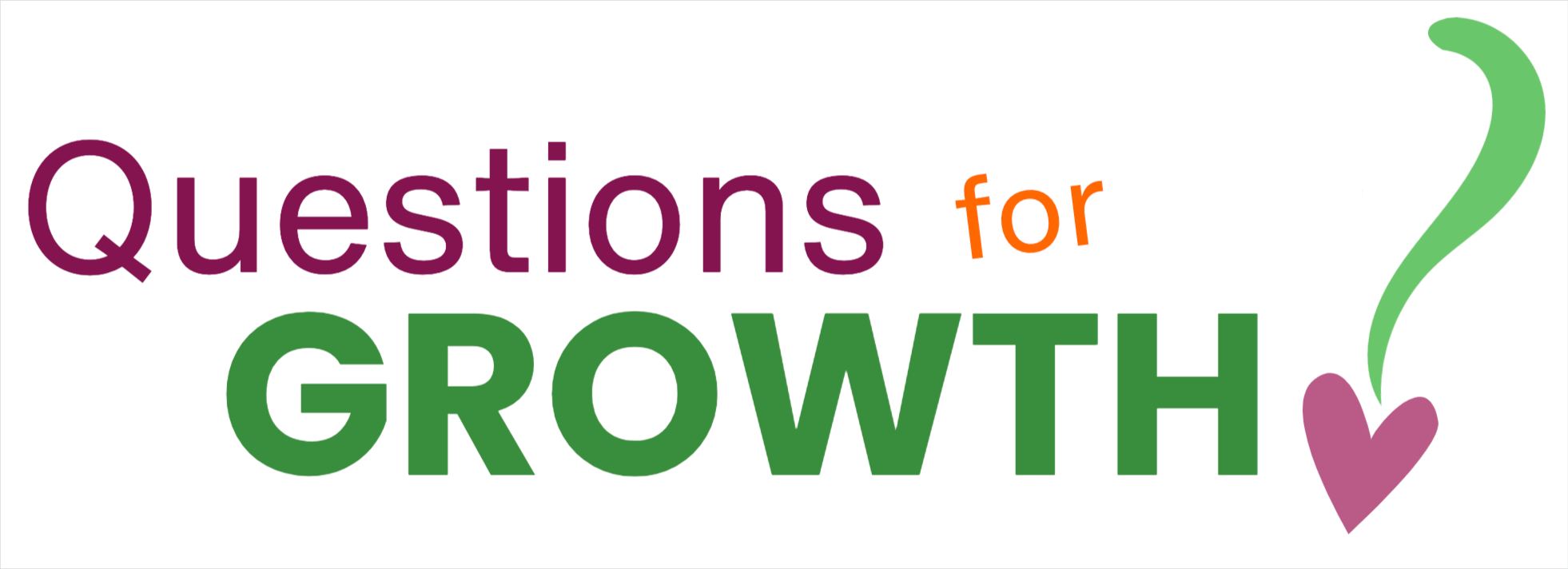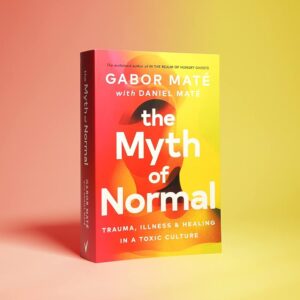In his thought-provoking book, ‘The Myth of Normal’, Dr. Gabor Maté demonstrates how unresolved traumas, whether from childhood adversities or adult challenges, can manifest as physical and mental health issues. He emphasises the critical need for addressing these traumas as a pathway to true healing.
The Mind-Body Connection
A significant focus of Maté’s work is the psychosomatic connection, the intricate dance between our emotional states and physical health. He advocates for an integrated approach to healthcare, one that acknowledges the individual as a whole, intertwining mind, body, and spirit.
A Call for Compassionate Care
Maté critiques the conventional healthcare system for its symptom-focused approach, advocating instead for a model rooted in compassion and holistic understanding. He envisions a healthcare landscape that respects the complex interplay of environmental, emotional, and physical factors in health.
The Journey to Healing
Maté offers 9 steps towards wellness:
- Practice Mindfulness: Maté suggests incorporating mindfulness into your daily life. This means paying attention to the present moment, noticing your thoughts, feelings, and bodily sensations without judgment. You can practice mindfulness through meditation, where you sit quietly and focus on your breath, or simply by being fully present in whatever you’re doing, like when eating, walking, or even doing household chores.
- Cultivate Self-Compassion: Be kind and understanding towards yourself, especially during difficult times. Treat yourself as you would a good friend who is going through a tough situation. This might involve giving yourself permission to take a break when you’re feeling overwhelmed or speaking to yourself with kindness and encouragement rather than criticism.
- Foster Healthy Relationships: Surround yourself with people who support and uplift you. Healthy relationships are those where you feel safe to express yourself, where there’s mutual respect, and where you feel connected and valued. Make time for these relationships and communicate openly within them.
- Create a Supportive Environment: Make your living and working spaces places that promote well-being. This could mean organising your space to reduce clutter, bringing in elements of nature like plants, or setting up a special corner for relaxation and meditation. The goal is to make your environment peaceful and conducive to wellness.
- Focus on Nutrition and Physical Activity: Eating a balanced diet and staying active are fundamental to good health. Maté encourages eating nutritious foods that nourish your body and engaging in physical activities that you enjoy. This doesn’t mean strict diets or rigorous exercise regimes; rather, it’s about making healthy choices that feel good to you.
- Prioritise Rest and Sleep: Ensuring you get enough rest is crucial for your physical and mental health. Create a calming bedtime routine to help you wind down, and try to keep a consistent sleep schedule. Good sleep supports your body’s healing processes and helps regulate your emotions.
- Engage in Creative Activities: Creative expression can be a powerful tool for wellness. Whether it’s painting, writing, making music, or gardening, find activities that allow you to express yourself and bring you joy. These can be great outlets for processing emotions and reducing stress.
- Set Boundaries: Learn to say no to things that deplete your energy or go against your well-being. Setting boundaries is about recognising your limits and communicating them to others in a respectful way. This helps you maintain your energy and focus on what’s truly important to you.
- Seek Professional Help When Needed: Sometimes, the path to wellness requires guidance from professionals. If you’re dealing with issues that feel overwhelming, seeking help from therapists, counsellors, or healthcare providers can be a vital step towards healing.
Learning from Gabor Maté: Conversations That Help Children Grow
After diving into Gabor Maté’s ‘The Myth of Normal’, I’ve been thinking a lot about how his ideas fit with my work in guiding conversations to enhance children’s social and emotional skills. Maté talks about how our mental and emotional health is deeply connected to our physical health, and this has really clicked with what I see every day in school.
Maté believes that many health problems come from emotional issues we haven’t dealt with. This idea has made me see our classroom chats or circle time in a new light—not just as learning moments but as chances to heal. When children talk about what’s bothering them, they start to feel better and understand themselves more. It’s like helping them untie knots inside that they didn’t even know were there.
He also talks about how stress and tough experiences affect us. I’ve noticed that when students have the space to talk about their worries, they can handle stress better. It’s like giving them a safe space to breathe and figure things out, away from all the pressure they face every day.
Understanding the link between our minds and bodies, a big point for Maté, has helped me guide these conversations better. For example, when a child can connect a tummy ache to feeling nervous, we can talk about what’s making them nervous and find ways to deal with it. This kind of chat helps children see how their feelings affect their bodies, which is a big step in understanding themselves.
Maté’s work has also made me think more about how we all need to feel okay with being different. In our talks, I try to make sure students know it’s great to be themselves, with all their unique feelings and thoughts. This way, we build a classroom where everyone feels safe to share, which is really important for growing together.
In short, mixing Maté’s insights with our classroom conversations has made these conversations even more valuable. It’s not just about learning; it’s about helping young people navigate their feelings and relationships. I’m keen to keep using these ideas to help our students become more understanding, resilient, and kind to themselves and others.







